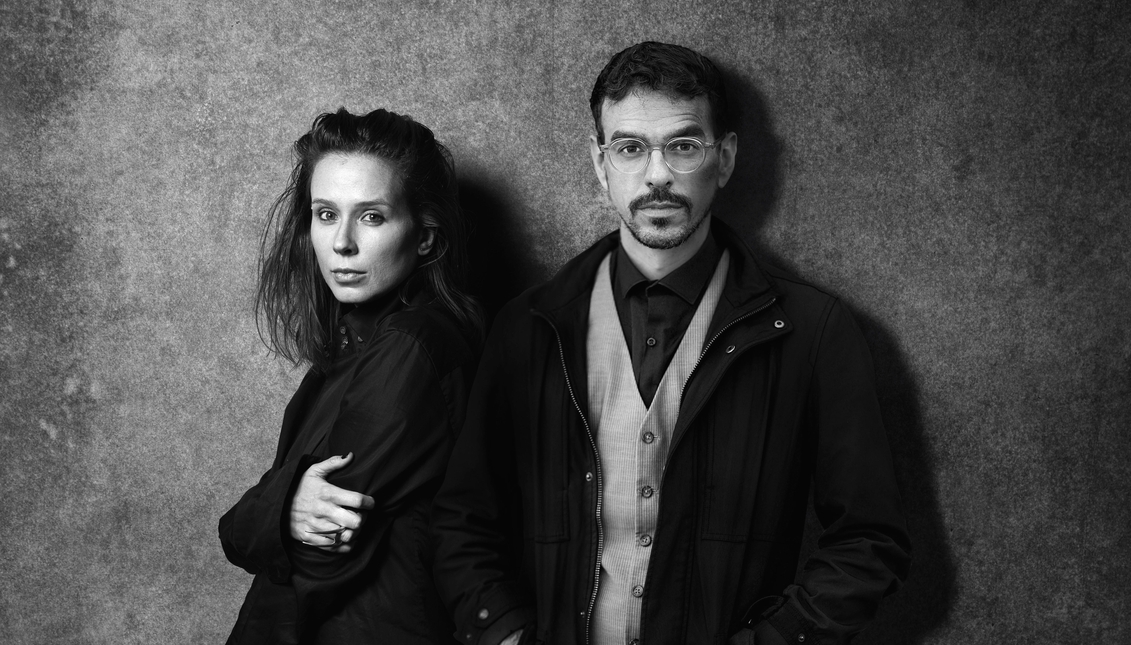
“Fuego Abisal”: Pamela Rodríguez and Juan Manuel Torreblanca enter the depths of sound
The combo of the singers recreates an atmosphere of dystopian pop with raw sonorities to investigate.
With this track, it almost seems as if one is contemplating the remains of a shipwreck being engulfed by the ocean depths, or as if the ocean suddenly returned all the stolen hearts.
"Fuego Abisal" is the first song in which the Peruvian Pamela Rodríguez and the Mexican Juan Manuel Torreblanca work together, both recreating an atmosphere of aquatic melancholy and sonorous shipwreck, of mermaids as Andean chorus and harps that sound from rusty ships.
"With my songs I seek to bring messages of connection with the here and now, with our essence, with contradictions, creativity as the rescue of the soul, surrealism, earth and sensitivity," says Pamela, born in Peru in the 1980s and currently based in Galicia, Spain, where she has not stopped singing against the injustices that motivated her to start when she was a teenager.
Pamela studied classical music, jazz and ethnomusicology at the University of North Texas. She is a composer, singer, producer, writer and entrepreneur. She is the author of the albums En la orilla, Una herida hecha luz, FFAA, Perú blue and Reconocer; the last two nominated for Latin Grammy in 2006 for Best New Artist and in 2011 for Best Contemporary Pop Album respectively.
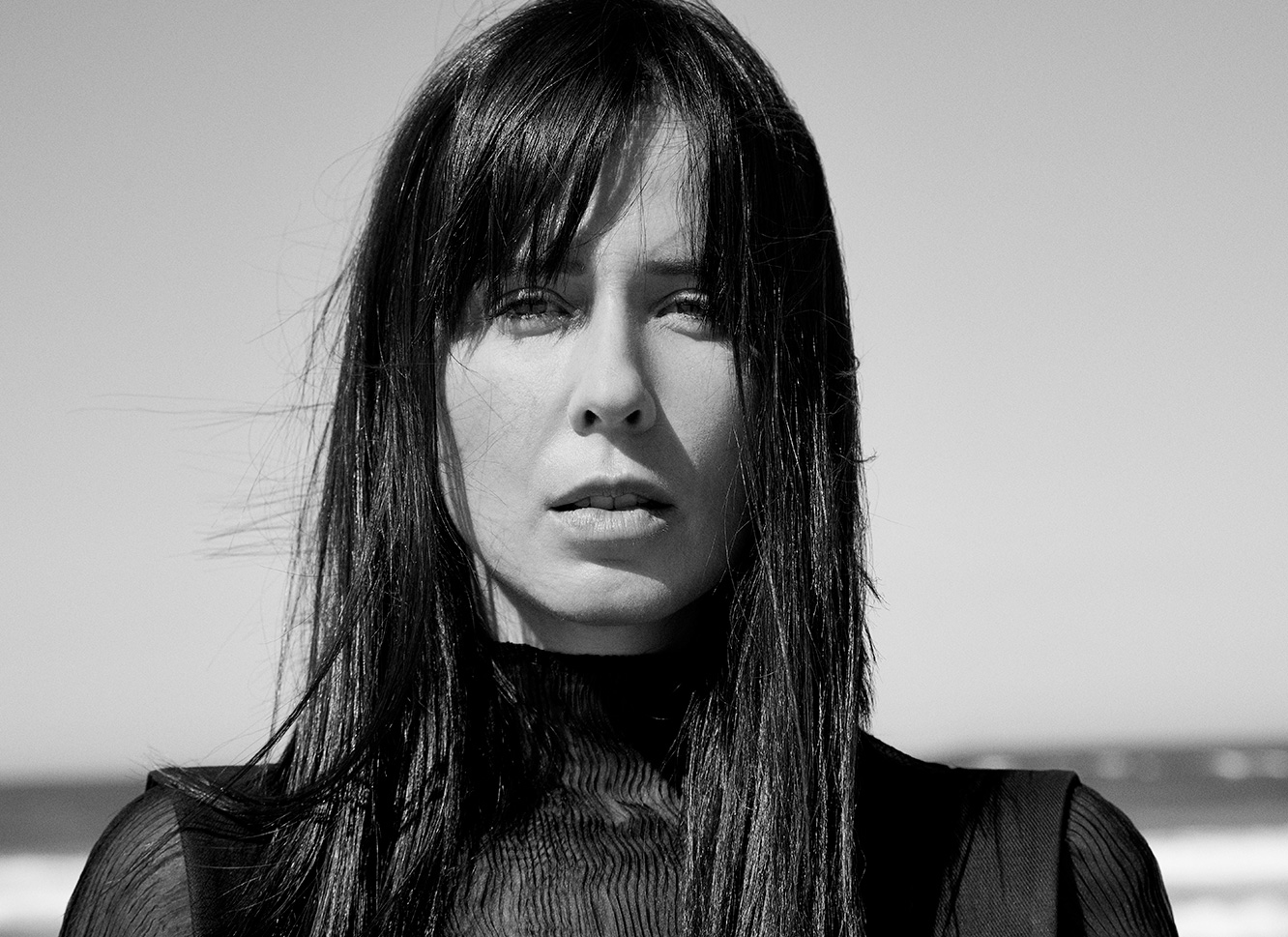
RELATED CONTENT
"'Fuego Abisal' has been released as a single, as well as everything else I've been releasing lately because I'm hallucinating with the song format as a universe of its own. Maybe I'll make an album again later, but right now I'm going song by song. I love it," says the singer.
The song was mixed in New York by engineer Ryan Kelly and Juan Manuel Torreblanca's vocals were recorded by Ulises Hadjis at Estudio Continuo.

On this particular single she is especially comfortable working with a long-time friend whose relationship is based on "deep affection, acid humor and creative complicity". To date they had not been able to record anything together so the quarantine gave them the time and space to explore.
Pamela answers about the origin of the dystopian pop that "the moment we wanted to define the genre of the song, that's when it came out. Because we felt it was very pop, but also dark, mysterious, somewhat broken and rusty". He doesn't know if he will continue working in that direction because she considers herself a person who reacts on the fly to stimuli without the need for coherence.
However, all that wild power corresponds to very measured stimuli so that the result is as enveloping as the song with that piano in the background as if it came from a dream. When asked about their inspiration, she answers that they simply imagined themselves dancing and communicating in a garden at the bottom of the sea, a perfect metaphor for how the song works in the connection with the listeners.


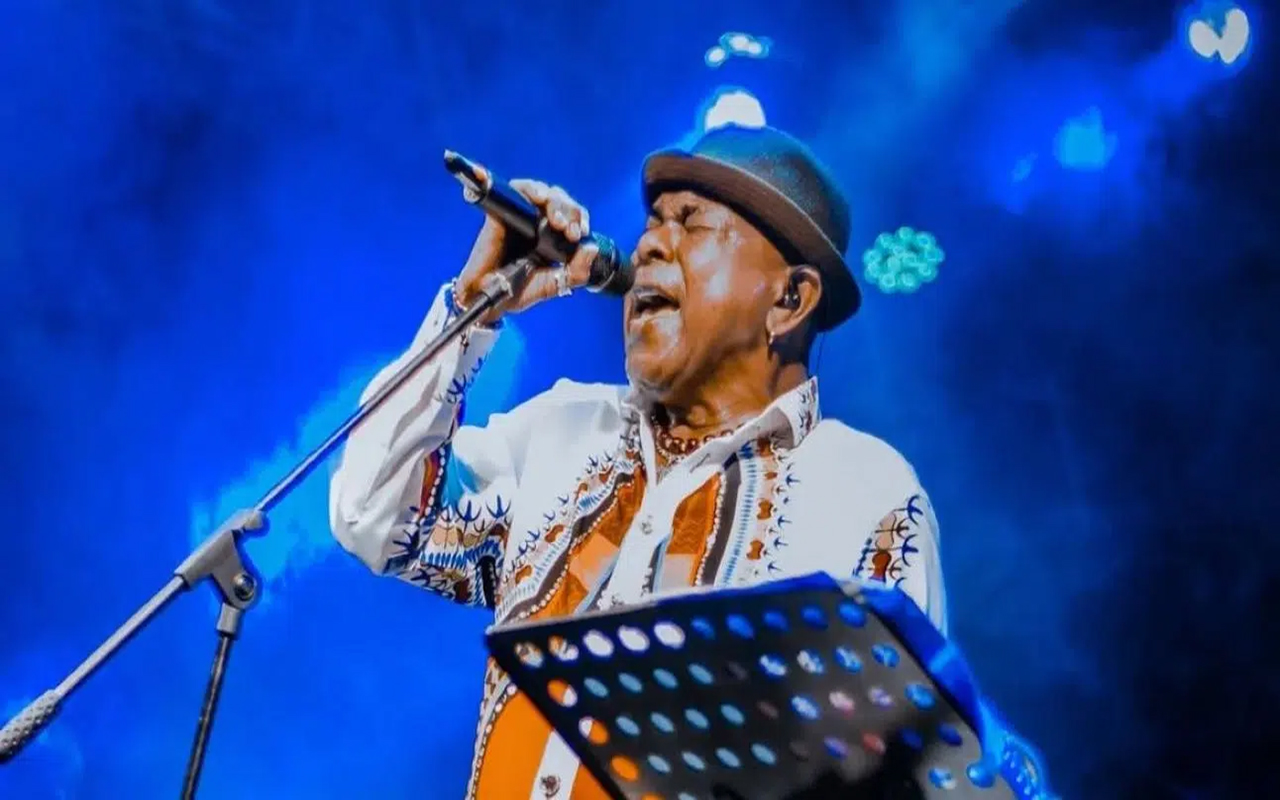

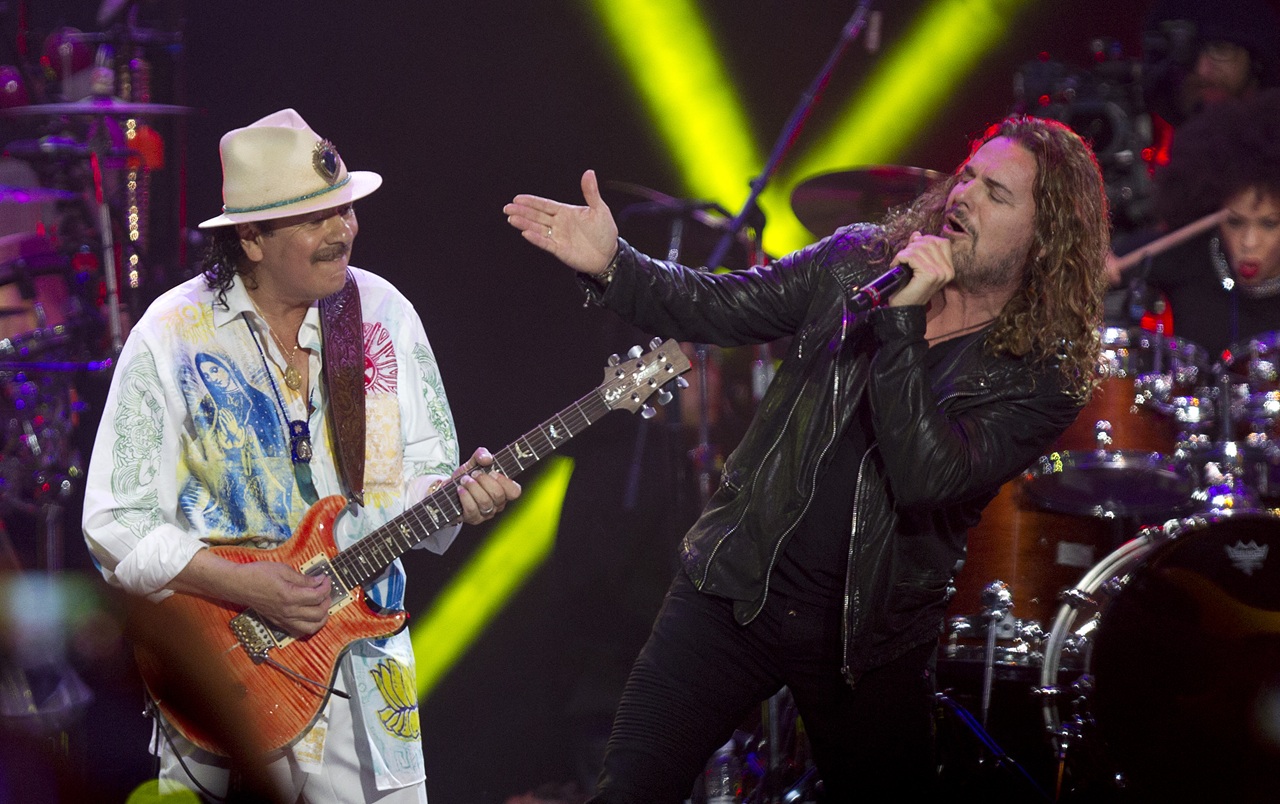

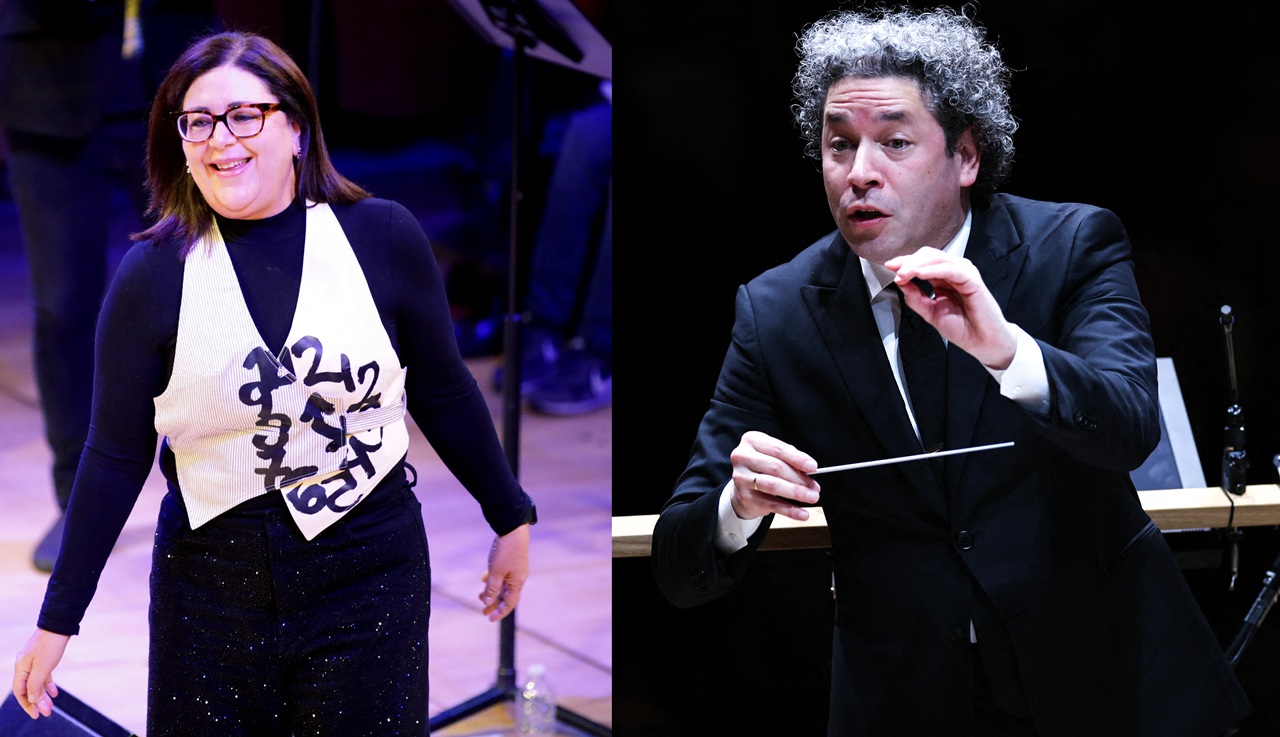




LEAVE A COMMENT: